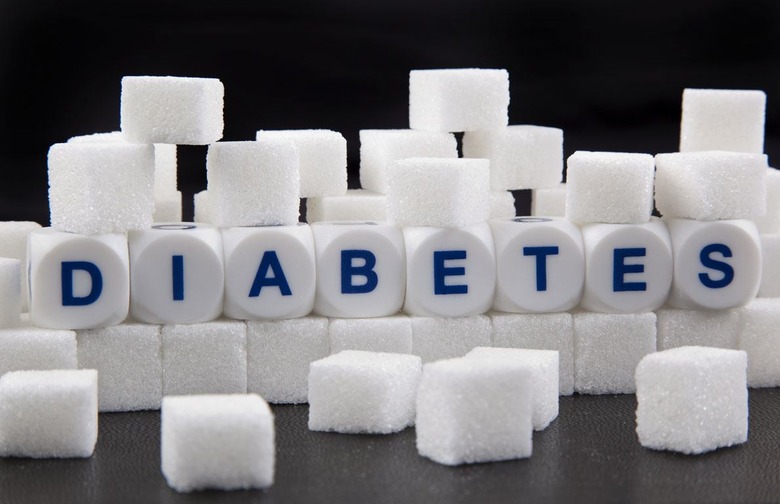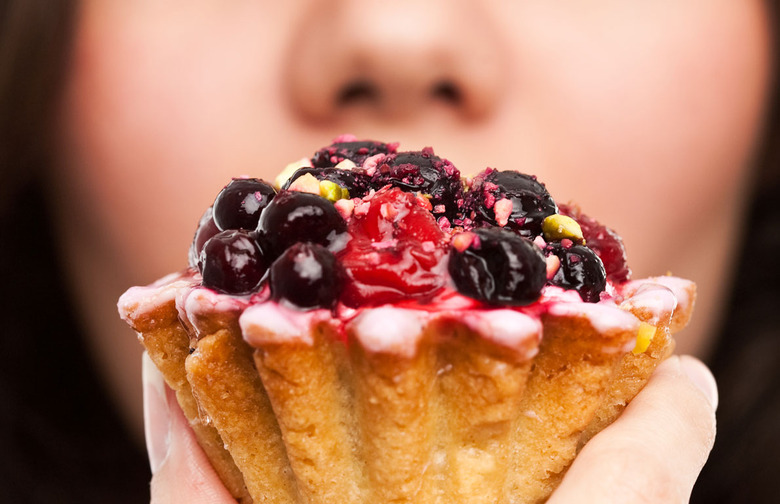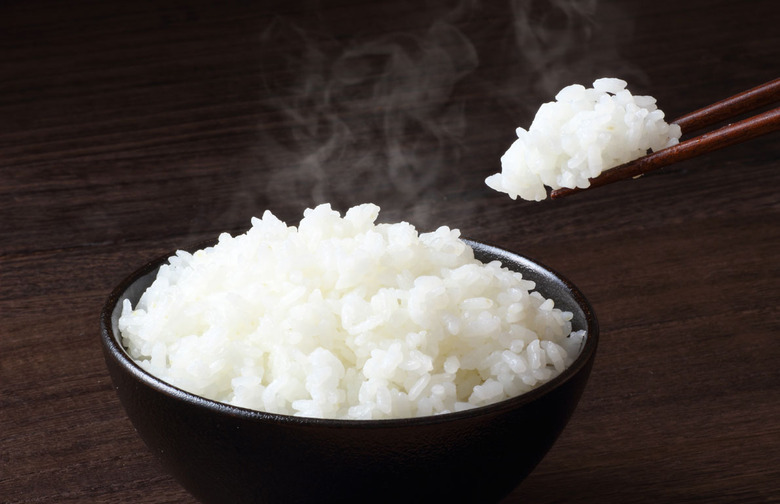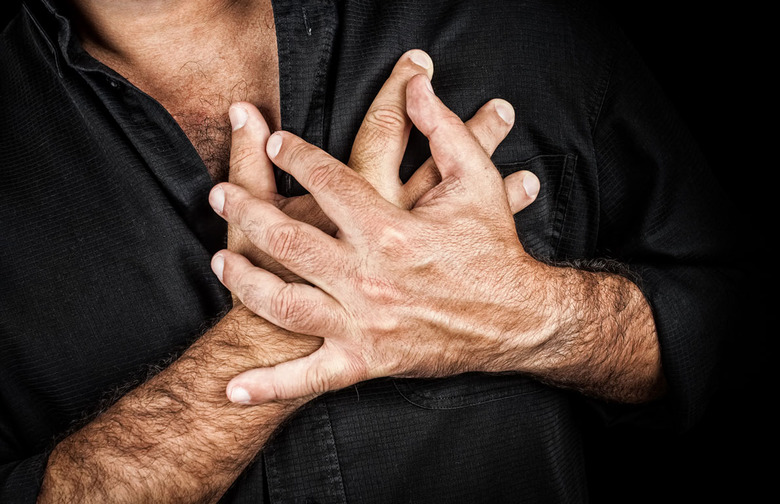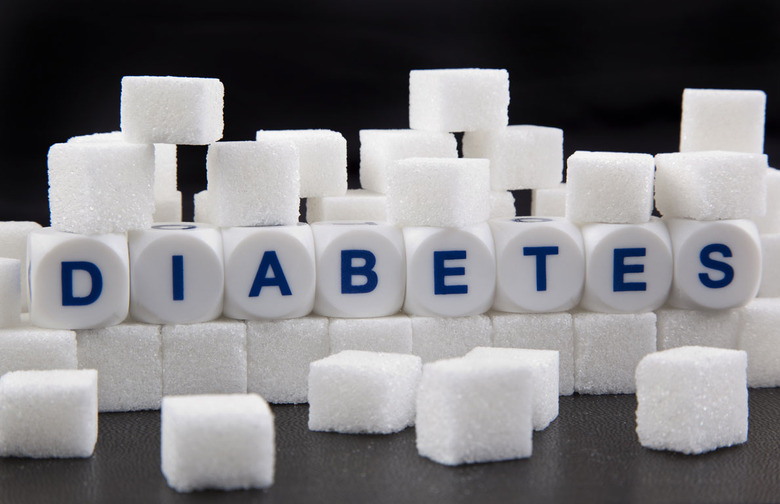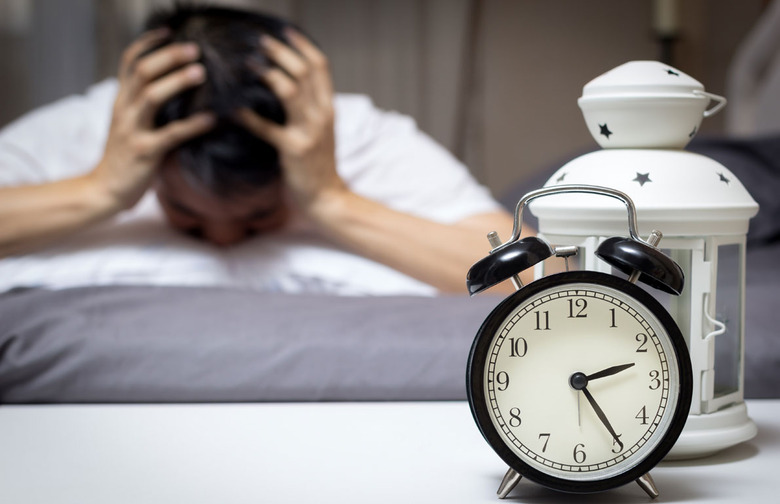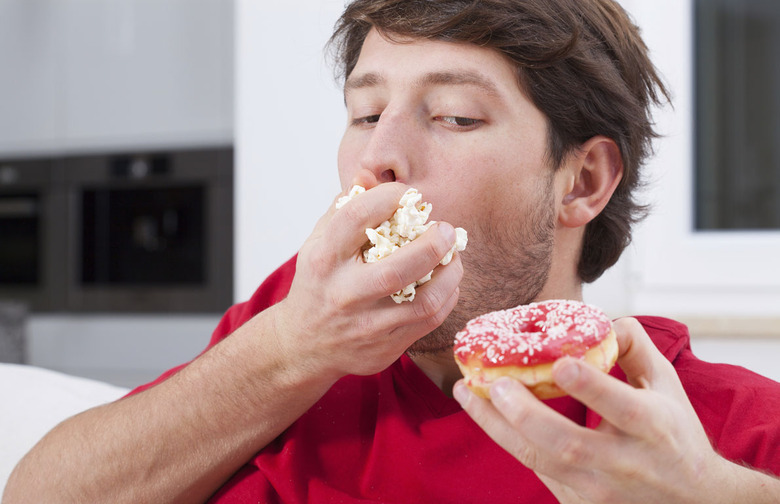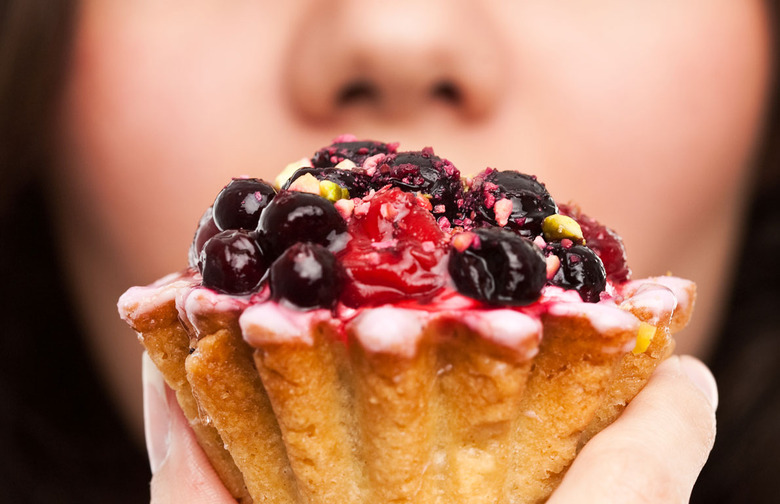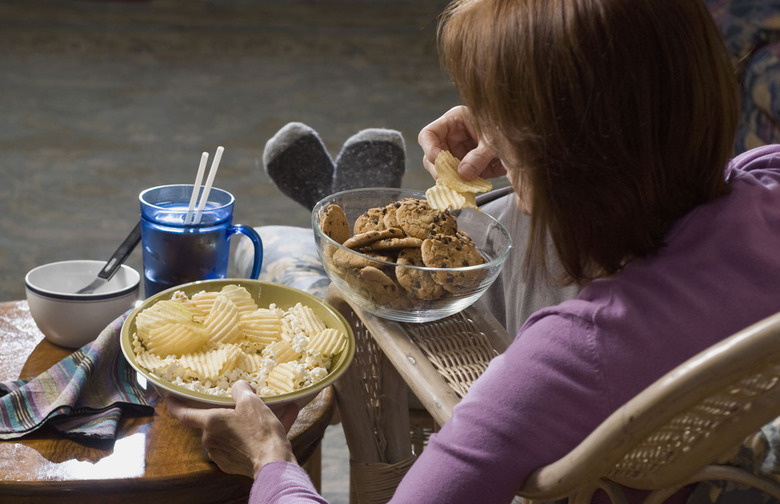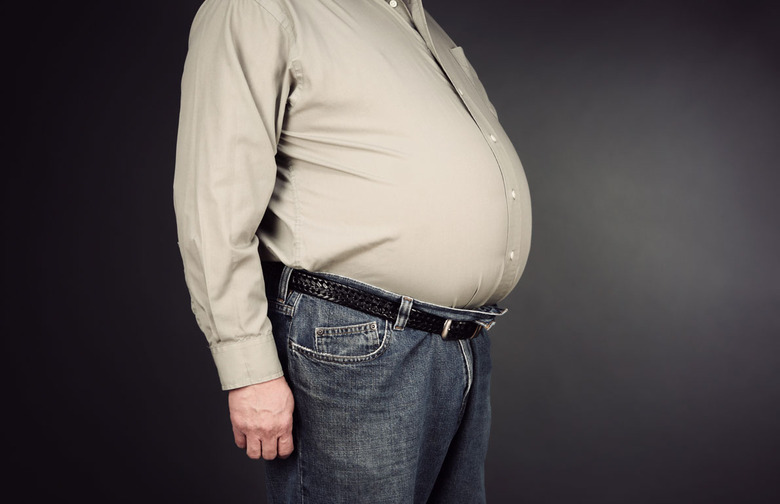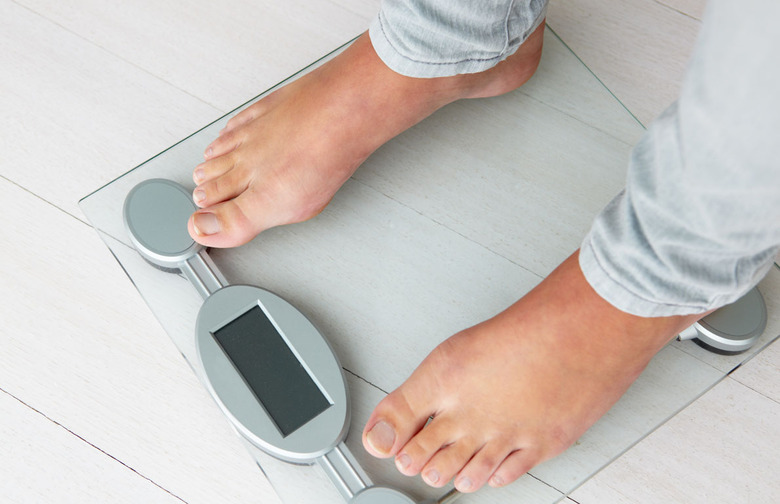Ways Lack Of Sleep Can Affect Your Diet
Get Some Sleep!
A bad night of sleep affects everyone sooner or later. In many cases, stress is the culprit: an upcoming important meeting, interview, or test could inspire loss of slumber. After the big day, chances are your sleep pattern will return to normal. For many others, though, insomnia can linger for days, sometimes weeks. This is the kind of sleeplessness that can have lasting affects on your daily routine and diet.
Caffeine Cravings
Think about it: You wake up tired and reach for the coffee or an energy drink to jump-start your day. The half-life for caffeine is around 4 hours, so come the end of that cycle, your body will need another pick-me-up. This cycle can last all day. Don't believe us? Just check out the line at Starbucks come 3 p.m.
Carb Craving
Failure to get enough sleep could mean an overload of carbs the next day. A study by Plamen Penev, M.D., Ph.D. of the University of Chicago showed that when bedtimes were restricted to five and a half hours of sleep or less, study subjects consumed more carb heavy snacks the next day.
Consumption of Larger Portions
After just one night of bad sleep, cravings for larger portions can increase. Combine your need for more food with the above needs for those foods to be high in calories, carbs of the junk food variety, and you've got a stomachache waiting to happen. Harvard Health Publications reports that, eventually, this could lead to an increased risk for heart disease. A 2011 study from Warwick Medical School researchers found that inadequate sleeping patterns were tied to heart attack risk, cardiovascular disorders, and stroke. "If you sleep less than six hours per night and have disturbed sleep, you stand a 48-percent greater chance of developing or dying from heart disease and a 15-percent greater chance of developing or dying of a stroke," said the study's lead author, Francesco Cappuccio.
Diabetes
Missing out on much-needed sleep has also been linked to an increased risk in type 2 diabetes. "Lack of sleep can affect the body's ability to use the hormone insulin correctly," Ragone and Mitchell explain. "You may have heard this called insulin sensitivity, which can result in elevated blood glucose, the major factor in pre-diabetes/diabetes." Insulin sensitivity means that the body has trouble disposing of glucose in the liver and other tissues.
Dehydration
Lack of sleep can lead to an increased consumption of caffeine, which has been shown to have a diuretic effect on the body, forcing the body to release more water in the urine, causing dehydration.
Emotional Eating
A study from the American Academy of Sleep Medicine shows that chronic lack of sleep can increase one's chances of developing anxiety disorders and depression. A side effect of depression can be emotional eating, which shares traits with binge eating and compulsive eating. Emotional eaters turn to food in response to negative stimuli or feelings and can result in further depression and possibly an eating disorder.
Higher Calorie Consumption
Researchers for the 2007-2009 National Health and Nutrition Examination Survey counted calories of sleepers in four categories from "very short" sleepers (fewer than 5 hours) to "long" sleepers getting nine or more hours of rest a night. The survey found that short sleepers were the most likely to consume more calories in a day.
Junk Food Cravings
Ever find yourself craving fast food and salty, junky snacks after a night of no sleep? A study from UC Berkeley links insomnia to junk food cravings. In the study, scientists found impaired activity in the brain of test subjects suffering from lack of sleep. Each sleep-deprived subject's frontal lobe (the region of the brain that controls complex decision-making) was compromised and, instead, there was increased activity in the deeper regions that respond to rewards. When the decision-making part of the brain was affected by lack of sleep, participants chose unhealthy foods over healthy options. "When you have sleep deprivation and are running on low energy, you automatically go for a bag of potato chips or other comfort foods," says Susan Zafarlotfi, Ph.D., clinical director of the Institute for Sleep and Wake Disorders at Hackensack University Medical Center in New Jersey.
Obesity
"Sound science says that sleep deprivation (under six hours a night) results in the increased production of the hunger hormone ghrelin," explains Ragone. "Bottom line... when you're tired, you're hungry." Sleep deprivation also leads to less production of leptin, the hormone that tells you to stop eating. Less leptin and more ghrelin is a combination that leads to overeating and, ultimately, obesity. Similarly, a study by the National Sleep Foundation showed that people who slept for three hours or less had an increase in body weight of up to five percent. Dr. Joseph Ojile, Head of the Clayton Sleep Institute in St. Louis, says, "There's an association between [inadequate] sleep and obesity."
Slower Metabolism
Insomnia been shown to have a direct link to metabolism. A slower metabolism resulting from lack of sleep can lead to weight gain. In the U.S., it is reported that nearly 70 percent of the population suffers from sleep disorders and of those people, 61 percent have weight issues resulting from slower metabolisms. "It's not so much that if you sleep, you will lose weight, but if you are sleep-deprived, meaning that you are not getting enough minutes of sleep or good quality sleep, your metabolism will not function properly," explains Michael Breus, Ph.D., author of Beauty Sleep and the clinical director of the sleep division for Arrowhead Health in Glendale, Ariz.
